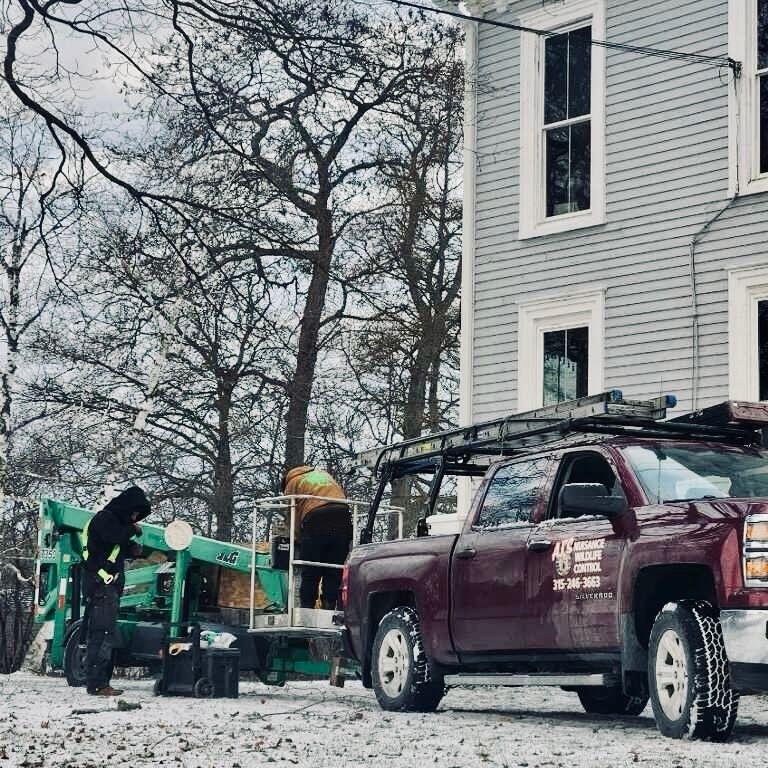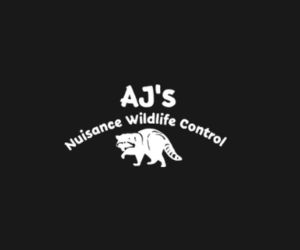(607NewsNow) — As temperatures drop, squirrels start looking for warm, sheltered spaces to ride out the winter and sometimes, that means inside your walls. What may start as a few faint scratching sounds can quickly turn into a full-blown infestation if left unchecked.
Why squirrels move indoors
During late fall and winter, food becomes scarce and the cold drives squirrels to seek warmth. Your home’s attic, soffits, and wall cavities offer the perfect refuge, dry, insulated, and safe from predators. They often enter through small gaps around vents, eaves, or loose siding. Once inside, they may nest in wall voids or insulation, using materials they chew or tear from nearby areas.
Signs you might have squirrels in your walls
The most common sign is noise, especially in the morning or early evening when squirrels are most active. You might hear scratching, rustling, or even rolling sounds as they move nuts or nesting materials. Other signs include chewed wood or wires, droppings in the attic, and visible damage near entry points.
The risks of ignoring the problem
While squirrels may seem harmless, they can cause serious damage. Their constant gnawing can fray electrical wires, posing a fire hazard. They can also contaminate insulation with droppings and urine, leading to unpleasant odors and potential health risks. The longer they stay, the more costly the cleanup and repairs become.
Safe and effective removal
It’s important not to try trapping or sealing squirrels yourself, especially during winter when juveniles may be hidden in nests. Professional wildlife control specialists can locate entry points, safely remove the animals, and prevent future access through exclusion repairs. Humane removal ensures that no animals are trapped inside your walls while protecting your home from further damage.
Stay ahead of the season
Before the next cold front hits, take time to inspect your home’s exterior for gaps or holes. Early prevention and quick action can keep your home quiet, warm, and squirrel-free all winter long.
Worried about unwanted wildlife in your home this winter? Contact AJ’s Nuisance Wildlife Control here.




